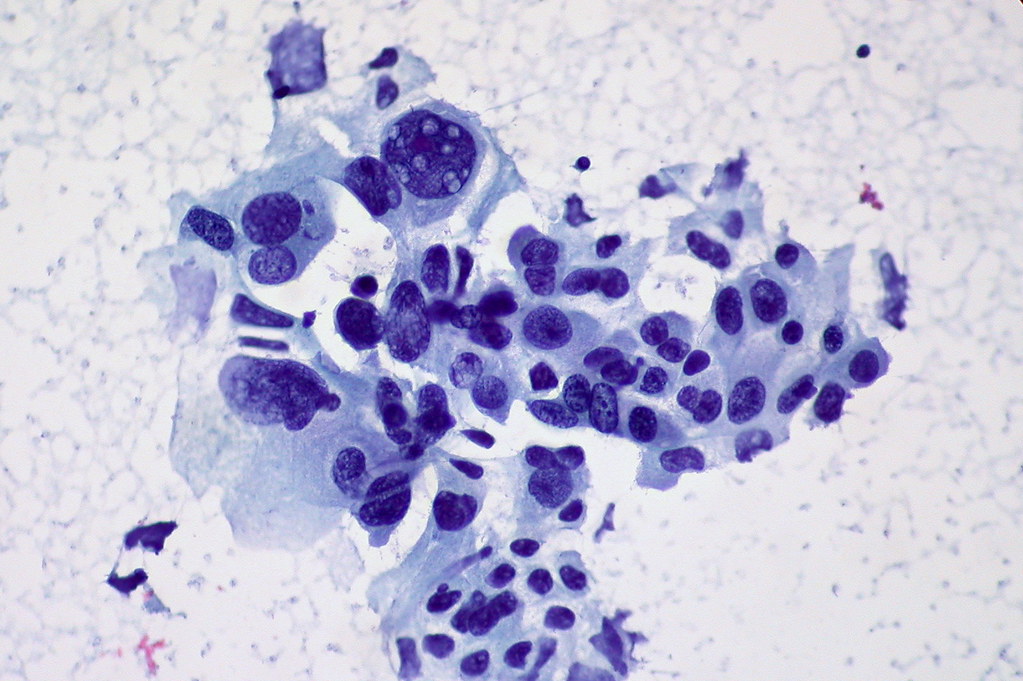13 April 2023 | Thursday | Regulatory

Image Source : Public Domain
Fusion Pharmaceuticals Inc. (Nasdaq: FUSN), a clinical-stage oncology company focused on developing next-generation radiopharmaceuticals as precision medicines, today announced the clearance of investigational new drug (IND) applications for [225Ac]-FPI-2068 (FPI-2068) and corresponding imaging analogue [111In]-FPI-2107 (FPI-2107) to the U.S. Food and Drug Administration (FDA). Fusion is jointly developing FPI-2068 with AstraZeneca (LSE/STO/Nasdaq: AZN) under the companies' multi-asset collaboration agreement.
FPI-2068 is a targeted alpha therapy (TAT) designed to deliver actinium-225 to various solid tumors that express EGFR and cMET. EGFR and cMET are both validated targets that are co-expressed in multiple tumor types, including head and neck squamous cell carcinoma, non-small cell lung cancer, colorectal cancer, and pancreatic ductal adenocarcinoma.
"The IND filing for FPI-2068 is an important milestone for Fusion as we advance this novel TAT, created by combining our radiopharmaceutical expertise, actinium supply and manufacturing infrastructure with AstraZeneca's bispecific antibody which preferentially binds to cancer cells that express both EGFR and cMET," said Fusion Pharmaceuticals Chief Executive Officer John Valliant, Ph.D. "FPI-2068, which we believe will be the first TAT for two validated targets to enter the clinic, was designed to provide enhanced tumor specificity resulting from the co-expression of the two targets when compared to individual monoclonal antibodies against each of these targets. We are excited about the innovative work with AstraZeneca as we advance this and other programs under our broad collaboration agreement."
Fusion's radiopharmaceuticals are a type of precision medicine whereby the cancer-targeted vector (e.g., the bispecific antibody) can be used to screen patients for expression of a tumor biomarker when combined with a corresponding imaging isotope (e.g., indium-111), and subsequently used for therapy when combined with the alpha-emitting radionuclide, actinium-225. Using imaging to identify patients who show uptake of the drug in tumors increases the likelihood of response to therapy. Fusion plans to provide additional guidance on timelines for the FPI-2068 program following initial experience with patient screening in order to better predict the cadence of patient enrollment.
FPI-2068 will be the first program to enter clinical development under the Company's previously announced collaboration agreement with AstraZeneca, which includes joint discovery, development and the option to co-commercialize novel TATs leveraging Fusion's proprietary Fast-Clear™ linker technology platform with antibodies from AstraZeneca's oncology portfolio, as well as exploration of potential combination strategies involving existing assets in their respective portfolios. Fusion will be operationally responsible for the Phase 1 study, while AstraZeneca will be responsible for subsequent clinical development. The companies will share costs equally through clinical development.
© 2026 Biopharma Boardroom. All Rights Reserved.